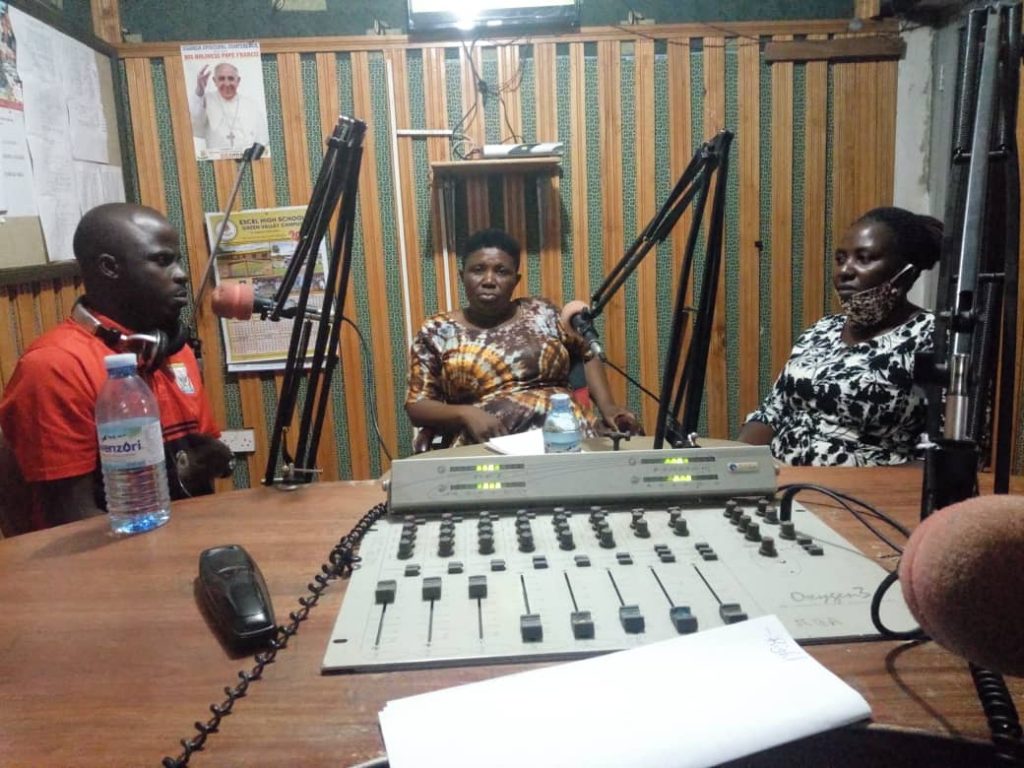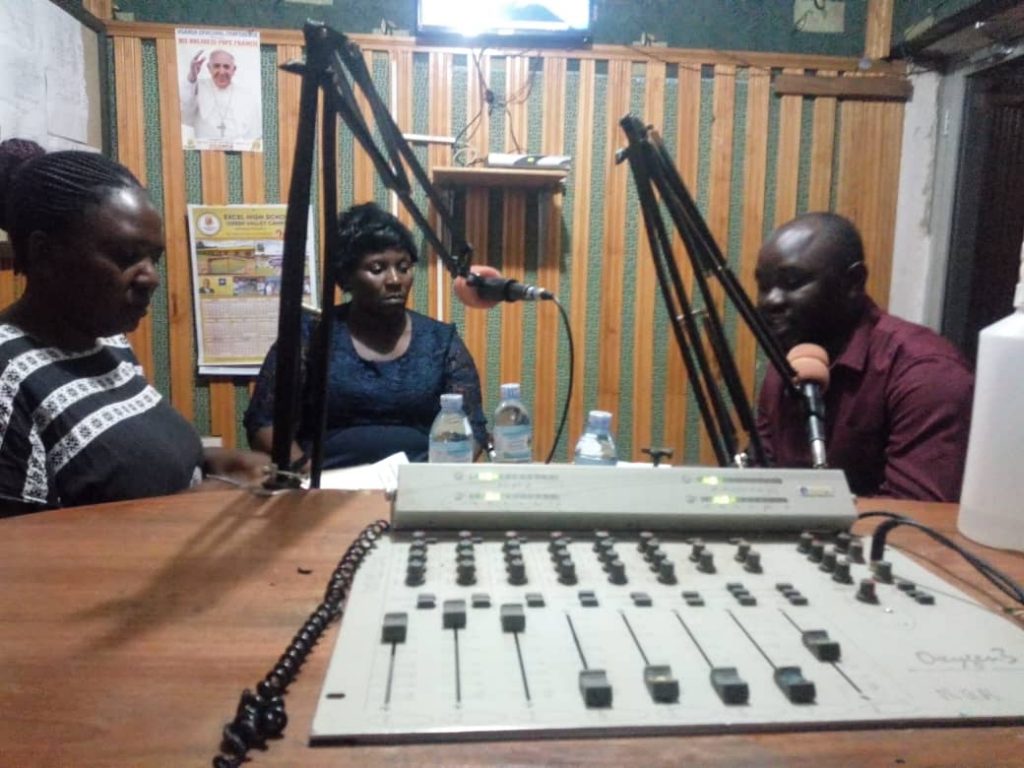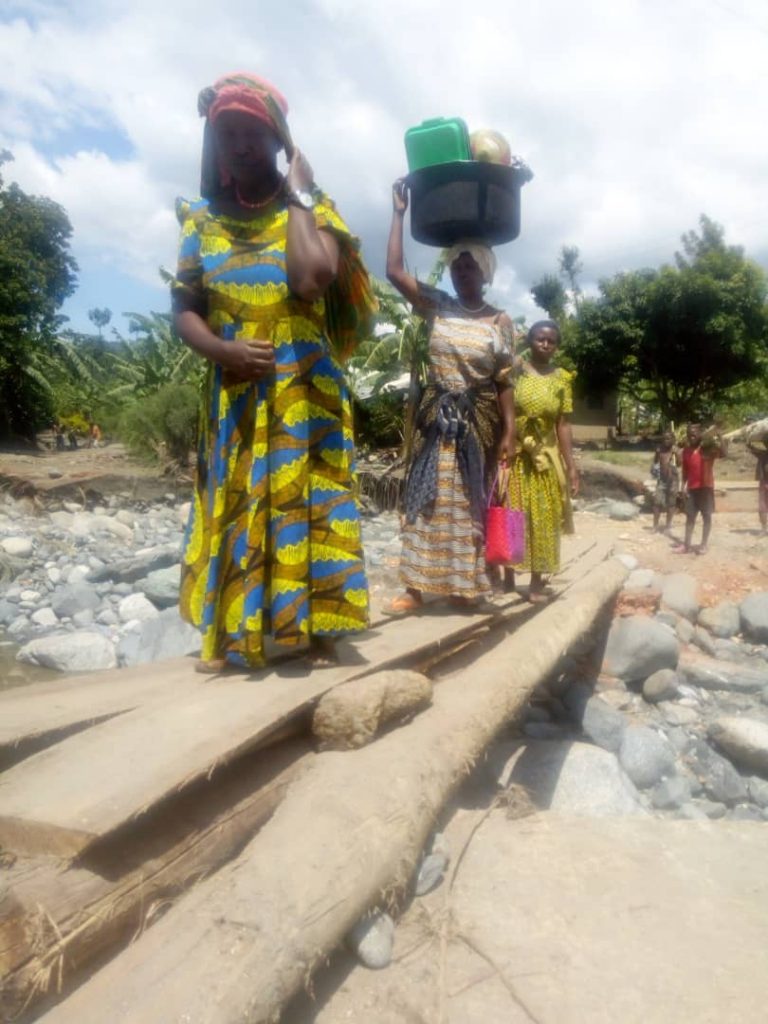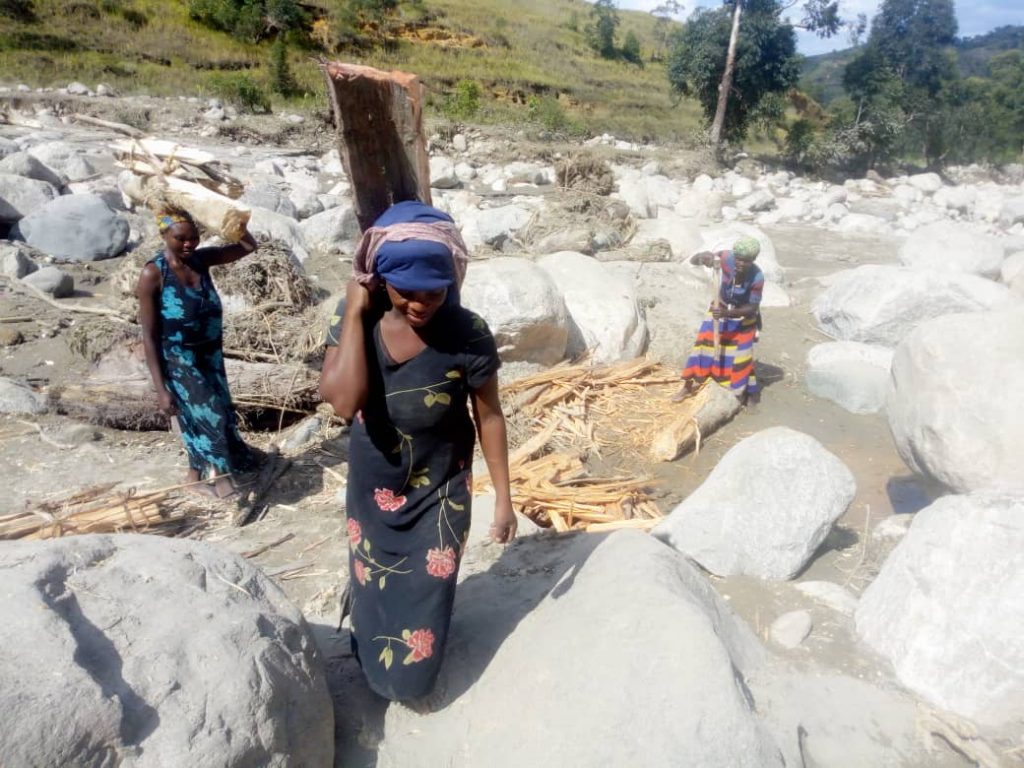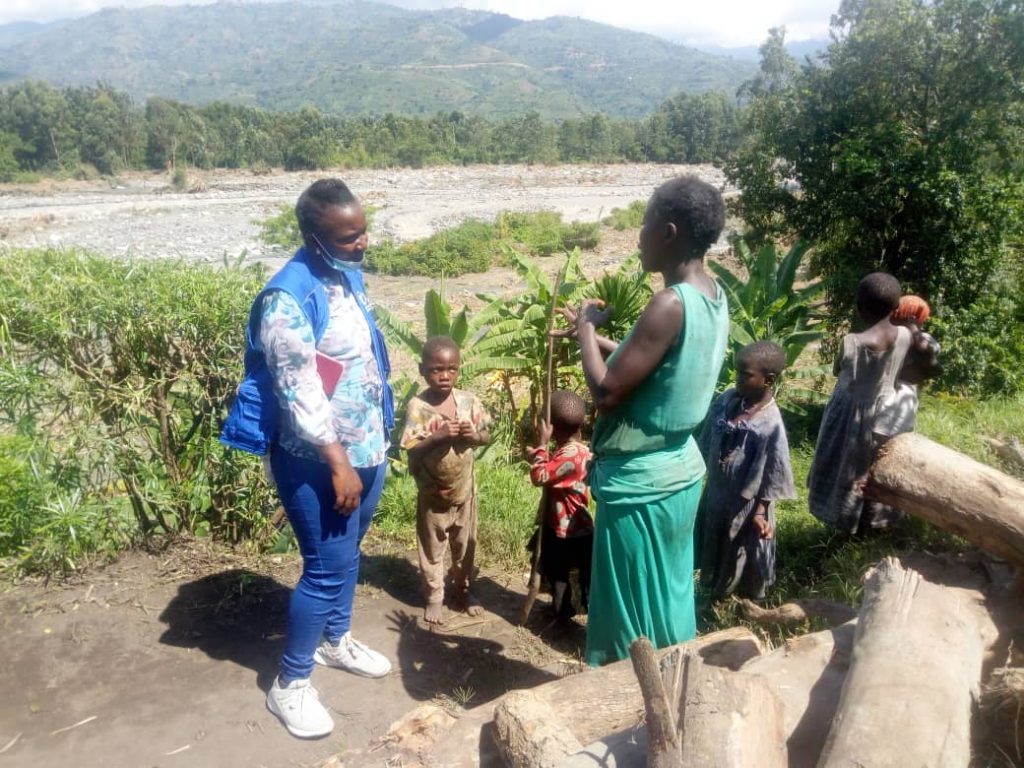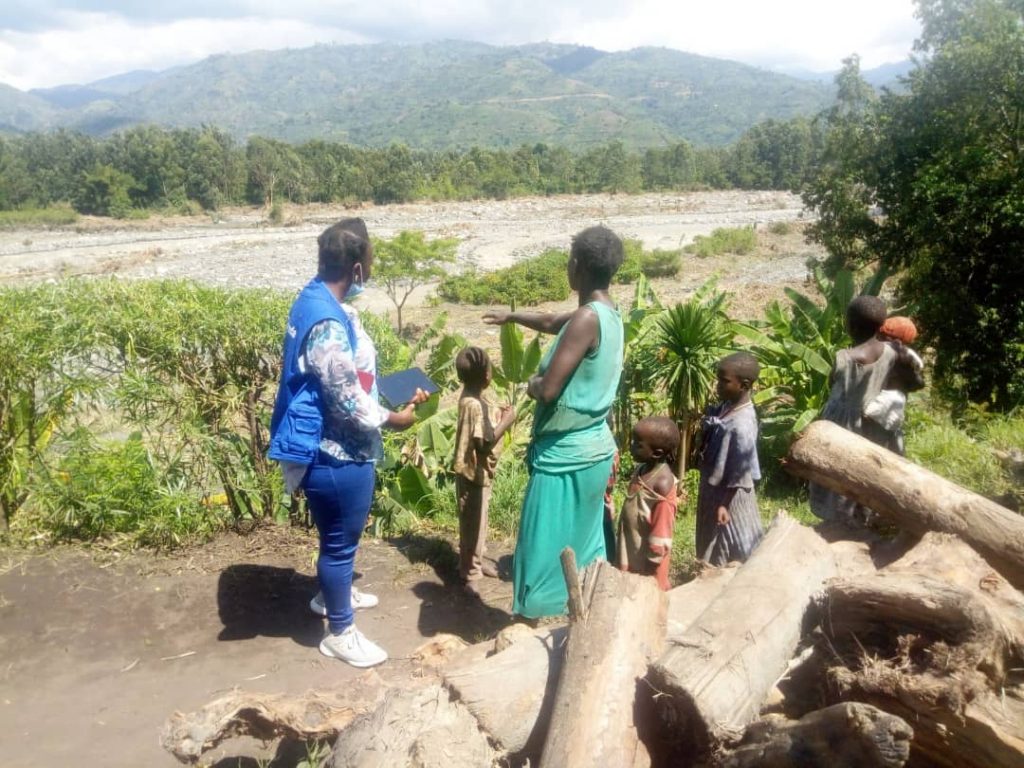Consumers are drivers of the economy as they have the power to influence the quality of goods
and services provided by different actors including government, business/private sector, Civil
Society Organizations and other relevant entities. The consumers’ influence however can only be
felt if they understand and utilize their rights and responsibilities. In order to strengthen the
empowerment of consumers on their rights and responsibilities as well as other consumer
protection issues, the entire world commemorates the World Consumer Rights Day (WCRD)
every 15th March annually reflecting on different themes.
According to the Ministry of Health (MoH,2023), Food borne illnesses resulting from food safety
concerns are currently responsible for about 14% of the total disease burden in Uganda. Similarly
numerous food safety concerns have been reported in Kasese District over the past few years.
On the other hand the Uganda demographic health survey (UDHS, 2016) indicated that 40.6% of
the children under the age of five years in the Tooro region where Kasese District lies are stunted
amidst plenty of food production. Another study conducted in Kasese in 2023, indicated that 56%
of children under the age of five years borne to teenage mothers were stunted (Bwambale, 2023).
In regards to the above, GEDA Uganda together with her partners CONSENT and (Food Safety Coalition Uganda decided to launch a food safety, nutrition and consumer protection sensitization
campaign in Kasese leveraging on the WCRD events. In this campaign GEDA and partners targeted
the media fraternity comprised of journalists from different media houses and Masters of
Ceremonies (MCs) resident in Kasese Municipality and District. Targeting the media was meant
to empower the media team to ably cascade the same message to the rest of the community
members given their day to day engagements with the masses on radios, Televisions (TVs),
newspapers and at functions such as weddings, parties and funerals among others. Similarly,
targeting the media was to ensure increased advocacy for safer food and consumer protection
using the available media channels.
A number of topics ranging from consumer rights and responsibilities, food safety, nutrition,
comparative testing and consumer complaints’ mechanism were presented and discussed during
the media engagement.
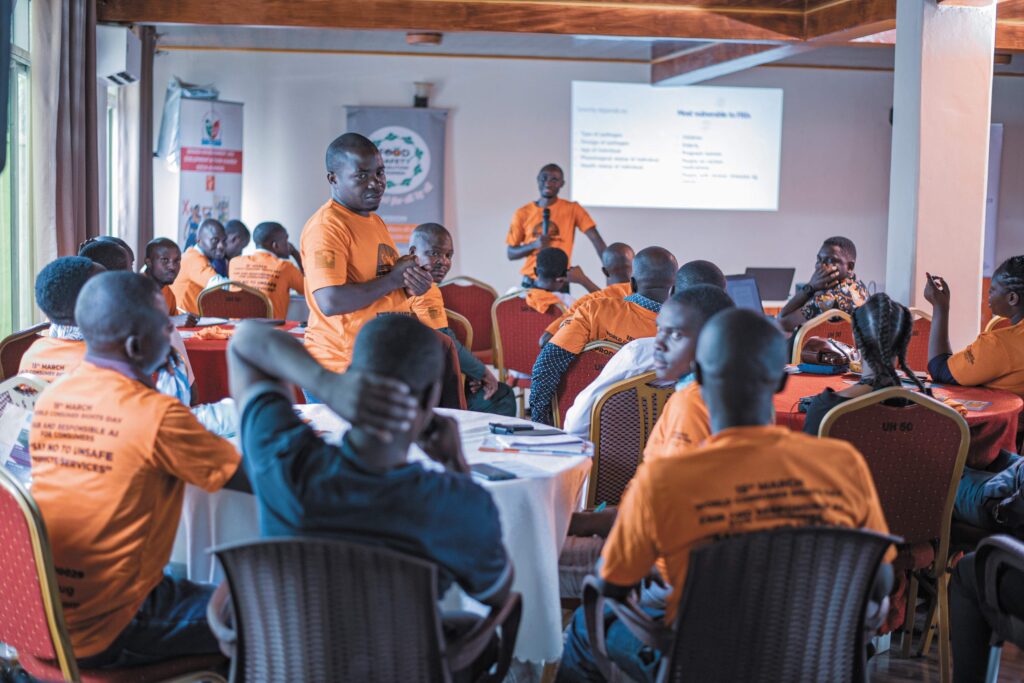
Consumer rights and Responsibilities
As part of the commemoration of the WCRD, the participants were explicitly taken through the
8 consumer rights and 5 consumer responsibilities. This was meant to empower the media team
with more knowledge on the rights and responsibilities of the consumers to guarantee their
protection and safety.
During the engagement a number o f recommendations were given such as;
- The participants recommended that GEDA and CONSENT considers working with their radio
listeners’ clubs that have over 2000 members across the region so as to effectively
disseminate the information further. - They also recommended that CONSENT engages the radio owners on the subject of
food safety, nutrition and consumer rights and responsibilities to ensure that radio
programs are designed specifically to tackle issues of food and consumer protection - The radio presenters asked for support from CONSENT so that they can also run live
broadcasts/pops in different areas on such days like world consumer rights day, world
food safety day, world standards day and world food day among others. - The media team urged CONSENT to actively and closely work in partnership with the
local government leaders, local CBOs/Organizations, religious and cultural institutions
to disseminate the food safety information and consumer empowerment.
A number of commitments were registered;
- The participants committed to be ambassadors of food safety, nutrition and consumer
rights and responsibilities during their day to day life at their household and community
levels. - The media personalities committed to popularize the message on food safety, nutrition
and consumer protection during their different radio programs - The journalists committed to frequently report food safety, nutrition and consumer
rights issues in their news bulletins so as to foster joint advocacy and awareness - The MCs also committed to front the awareness campaign on food safety and nutrition
during the different functions including funerals, parties and any other functions that
they officiate - The media and MCs fraternity jointly committed to team up and support CONSENT
through the project implementation process whenever called upon for any engagement
and support.

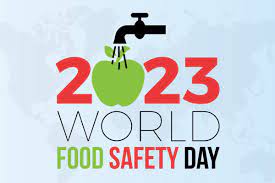
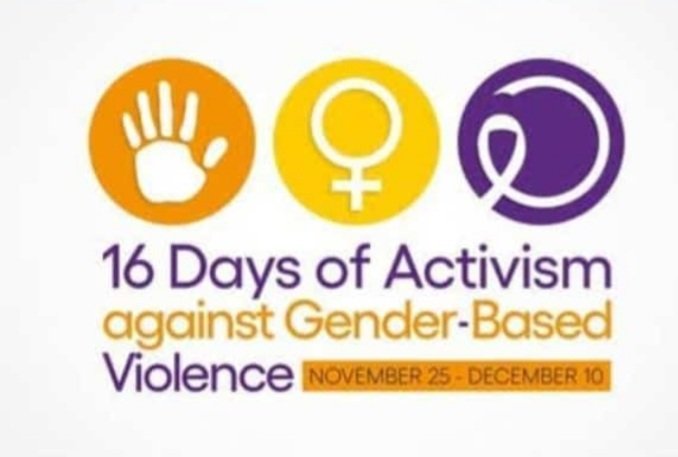

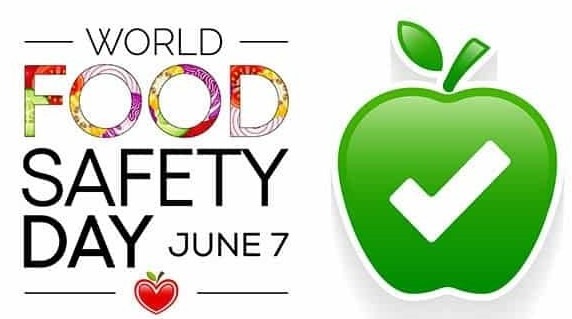
 In Uganda like elsewhere around the world, Covid-19 has led to an increase in teenage pregnancy. In order to gain basic necessities like sanitary towels, girls have engaged in negative coping mechanisms like transactional sex with men who took advantage of their need for money. Teenage pregnancies, among other factors is increasing the number of girls not in school.
In Uganda like elsewhere around the world, Covid-19 has led to an increase in teenage pregnancy. In order to gain basic necessities like sanitary towels, girls have engaged in negative coping mechanisms like transactional sex with men who took advantage of their need for money. Teenage pregnancies, among other factors is increasing the number of girls not in school.  The programme kicked off with training of 21 teenage mothers in menstrual hygiene management that focused on making of reusable sanitary pads. The 21 trainees are form from Kasese Municipal teenage mothers group that has a membership of 35 aged 14 – 20, all having babies aged 0-1 year. This is an indication that all these conceived during the lockdown. The training in making of reusable sanitary pads was conducted by Ms.Kidima Margret of GEDA Uganda in Kidodo cell, Central Division, Kasese Municipality where the group members reside. The training was practical and by the end of the training session each participant was able to make 2 reusable sanitary pads.
The programme kicked off with training of 21 teenage mothers in menstrual hygiene management that focused on making of reusable sanitary pads. The 21 trainees are form from Kasese Municipal teenage mothers group that has a membership of 35 aged 14 – 20, all having babies aged 0-1 year. This is an indication that all these conceived during the lockdown. The training in making of reusable sanitary pads was conducted by Ms.Kidima Margret of GEDA Uganda in Kidodo cell, Central Division, Kasese Municipality where the group members reside. The training was practical and by the end of the training session each participant was able to make 2 reusable sanitary pads.
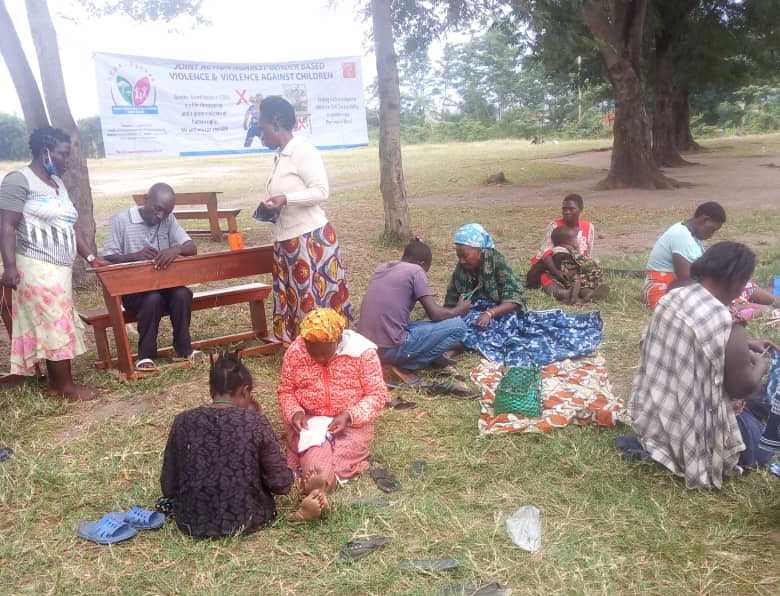



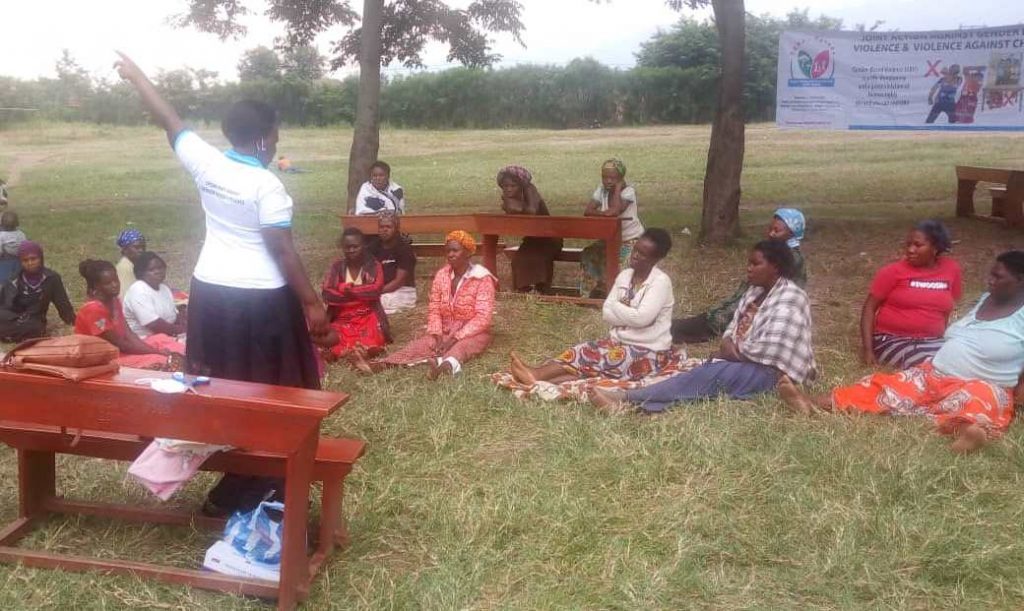
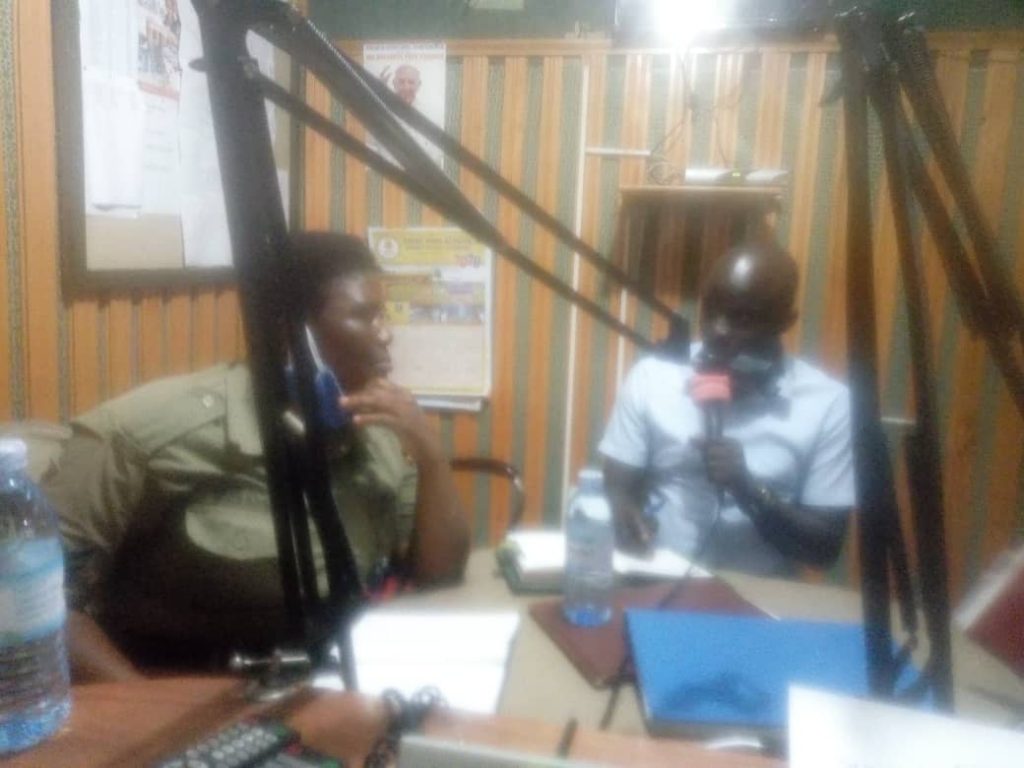 The narrative seems not to have changed either. This was revealed during a radio talk show conducted by GEDA Uganda this week about the causes, dangers and effects of early marriages. It was highlighted by the Officer in Charge (OC) child and family protection unit Kasese that poverty, domestic violence, wars or displacement, peer pressure, negative cultural beliefs, lack of essential needs like sanitary pads are the most causes of early marriages. Adverse effects of this problem has led to child mothers, poverty to their young families, stunted brain development and growth of children produced since they do not have enough and the rightful nutritious foods to feed their children on, family breakages, high infant mortality rate and other health challenges like fistula since these girls bones are not strong enough to push babies. According to statistics from Kasese Police since March 2020, 30 children have since been reported married, 24 defiled and for Isule health center in Maliba sub county, from December 2019 to March 2020 50 girls were attending antenatal care. The new vision of 13th March 2020, Government is worried that about 10 millon children may not go back to school after lockdown both boys and girls. Currently kasese has Maliba, Munkunyu, Mpondwe-Lhubiriha town council, Karambi, Hima, Karusandara, Nyakatonzi and Kilembe sub-counties leading in early child marriages.
The narrative seems not to have changed either. This was revealed during a radio talk show conducted by GEDA Uganda this week about the causes, dangers and effects of early marriages. It was highlighted by the Officer in Charge (OC) child and family protection unit Kasese that poverty, domestic violence, wars or displacement, peer pressure, negative cultural beliefs, lack of essential needs like sanitary pads are the most causes of early marriages. Adverse effects of this problem has led to child mothers, poverty to their young families, stunted brain development and growth of children produced since they do not have enough and the rightful nutritious foods to feed their children on, family breakages, high infant mortality rate and other health challenges like fistula since these girls bones are not strong enough to push babies. According to statistics from Kasese Police since March 2020, 30 children have since been reported married, 24 defiled and for Isule health center in Maliba sub county, from December 2019 to March 2020 50 girls were attending antenatal care. The new vision of 13th March 2020, Government is worried that about 10 millon children may not go back to school after lockdown both boys and girls. Currently kasese has Maliba, Munkunyu, Mpondwe-Lhubiriha town council, Karambi, Hima, Karusandara, Nyakatonzi and Kilembe sub-counties leading in early child marriages. The magnitude of the problem is big and needs efforts of every duty bearer, parents, civil society organizations, Government to curb this. GEDA Uganda is adding her small contribution to end this vice by mass awareness through radio talk shows, drama series, engaging girls and women in the make of reusable sanitary pads for sustainability purposes and avoiding temptations from the girls and women with bad coping up mechanisms.
The magnitude of the problem is big and needs efforts of every duty bearer, parents, civil society organizations, Government to curb this. GEDA Uganda is adding her small contribution to end this vice by mass awareness through radio talk shows, drama series, engaging girls and women in the make of reusable sanitary pads for sustainability purposes and avoiding temptations from the girls and women with bad coping up mechanisms.